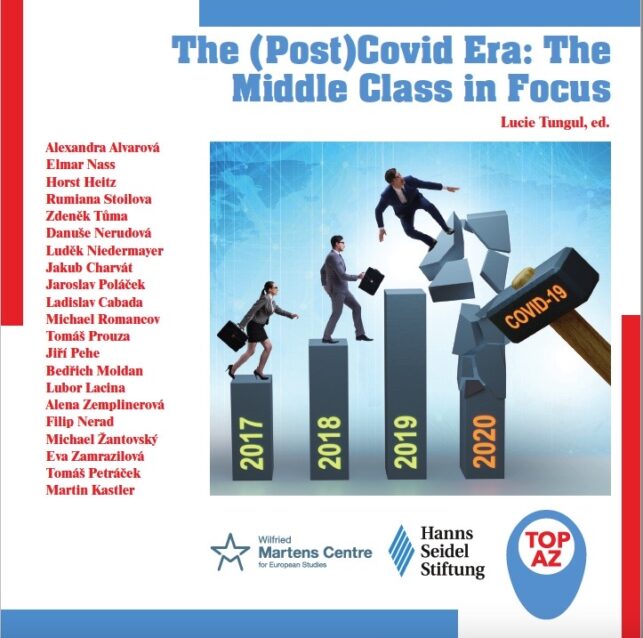The stability and prosperity of Western liberal democracies depend on the stability and prosperity of the middle class. Several economic crises in the past demonstrated that economic instability, jeopardizing the position of the middle class, can very quickly lead to political instability and the redrawing of the political landscapes. Since the financial crisis in 2008, we have witnessed an increase in populism, nationalist chauvinism, and isolationism. If not addressed, the Covid-19 crisis will amplify these tendencies and significantly disturb the established order. That might be a bad thing in terms of threatening the liberal world order, international trade, and cooperation, but it can also be a good thing — a counterreaction to these forces can push Western societies towards more responsible and sustainable economic activities, towards greater support for socially deprived areas, towards higher political representation, and towards more environmentally responsible policies and individual choices.
The publication examines the various aspects of these turbulent times and their impact on the Czech and European societies, with a special emphasis on the middle class. It was the (often) painful experience of the ‘quarantined’ middle class that exposed what it needs to flourish and not perish in the future. The authors uncover the threats and the opportunities related to the current situation, and provide recommendations for centre-right parties, who have most often represented the interests of the middle class, currently most endangered class by the effects of the pandemic. The centre-right parties (together with the centre-left) will be in danger, too, if they do not present straightforward programmatic goals for the future of the middle class and honest leadership skills capable of cooperation and solidarity. Otherwise, we face the danger of further destabilisation of the political scene and the dismantling of liberal democracy.
The following authors contributed to our publication: Alexandra Alvarová, Ladislav Cabada, Horst Heitz, Jakub Charvát, Martin Kastler, Lubor Lacina, Bedřich Moldan, Elmar Nass, Filip Nerad, Danuše Nerudová, Luděk Niedermayer, Jiří Pehe, Tomáš Petráček, Jaroslav Poláček, Tomáš Prouza, Michael Romancov, Rumiana Stoilova, Zdeněk Tůma, Lucie Tungul, Eva Zamrazilová, Alena Zemplinerová and Michael Žantovský.
The full-text of the publication is available here:




